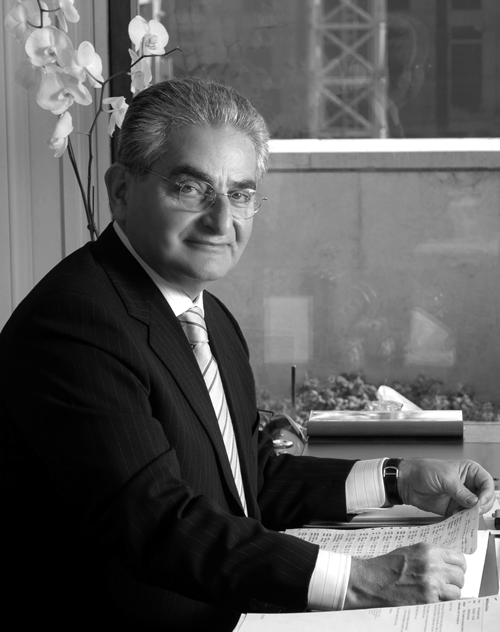Soraya Darghous
Soraya Sawan, based in Dubai, United Arab Emirates, is currently a Co-Founder at Rooted Regimen. Soraya Sawan brings experience from previous roles at Freelance, Savoir Flair, Mojo Group Dubai and Executive Magazine, Middle East. Soraya Sawan holds a 2003 - 2007 BA in Political Science @ American University of Beirut. With a robust skill set that includes Editing, Public Relations, Research, Writing, Managerial and more

